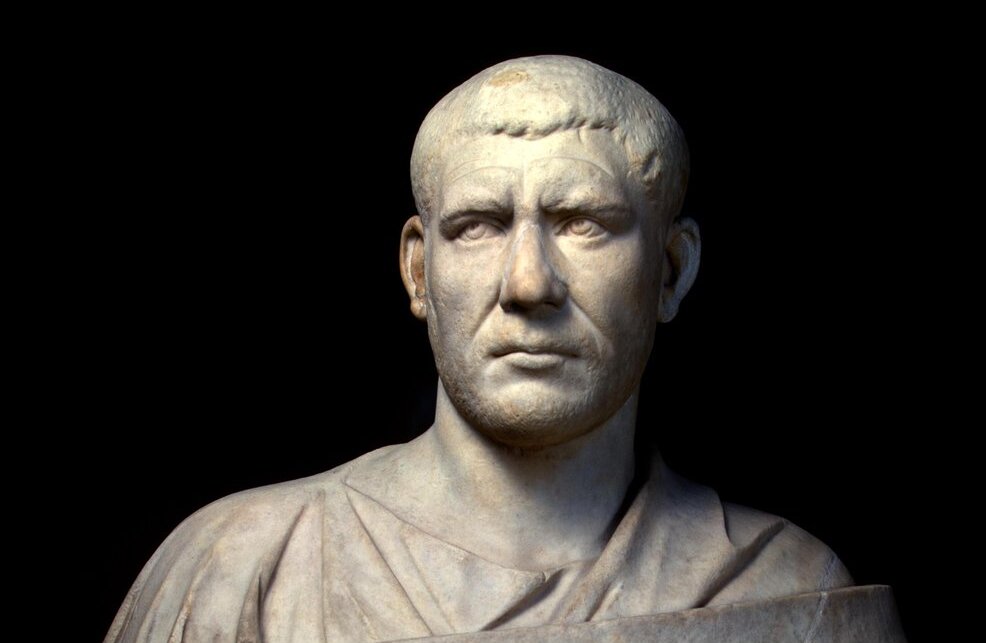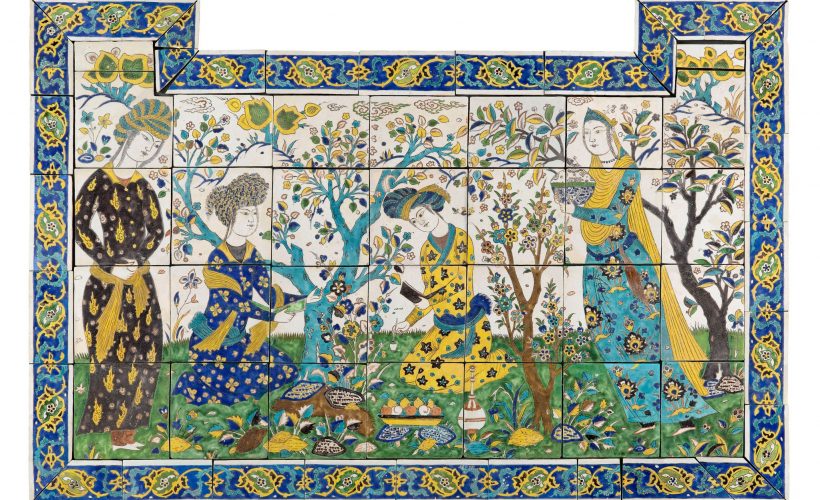History & Heritage
1.20.2023
These emperors from Arab countries who ruled the Roman Empire

The Roman Empire was one of the most powerful and influential empires in the world, with a rich history and culture that had a lasting impact. The empire was ruled by a succession of emperors, each with their own unique legacy. But did you know that numerous of these emperors were from countries that are, today, Arab?
Septimius Severus (193-211)
A native of Leptis Magna, in modern-day Libya, Septimius Severus ruled the Roman Empire for 18 years. He was known for his military campaigns and role in strengthening the Roman state. He was also known for his reforms and improvements to the Roman legal system. Septimius Severus was the first Roman emperor from Africa, and during his reign, he gave more power to the equestrian class and the army.
Voir cette publication sur Instagram
Caracalla (211-217)
The son of Septimius Severus and Julia Domna, an Arab noble from Syria, also made a mark on Roman history. He inherited the empire from his father and was known for expanding Roman territory. He is also remembered for constructing the Caracallan Baths, one of the largest public baths in ancient Rome.
Caracalla also enacted a law called the Constitutio Antoniniana that granted Roman citizenship to all free inhabitants of the empire, regardless of their origin.
Voir cette publication sur Instagram
Macrinus (217-218)
Macrinus was the first emperor to rise to power through the Praetorian Guard, the elite military unit responsible for protecting the emperor. He was of Berber origin, from Mauritania Caesaria, in modern-day Cherchell, Algeria. He was the first emperor who was not a member of the senatorial class. Macrinus tried to continue the policies of his predecessor, Septimius Severus, but he could not gain the support of the military and the people, which led to his downfall. After only a year of rule, he was deposed by the Praetorian Guard. Despite his short reign, Macrinus is remembered for his construction of public works, such as aqueducts and temples.
Voir cette publication sur Instagram
Elagabalus (218-222)
Born in Emesa, modern-day Homs in Syria, Elagabalus was just 14 years old when he rose to power as Roman Emperor. Despite his young age, Elagabalus made a significant impact on the Roman Empire during his four-year reign. He was known for his religious reforms and efforts to centralize the empire. He was also known for his extravagance, which led to his downfall. He belonged to the Arab Emesene dynasty which held the priesthood institution of Elagabal.
Voir cette publication sur Instagram
Philip the Arab (244-249)
Born in Shahba, modern-day Syria, 90 km south of Damascus, Philip rose through the ranks of Roman aristocracy to rule the entire empire. He was known for improving the empire’s infrastructure and constructing public works, such as temples and aqueducts. Philip’s reign was marked by several military campaigns, which helped to expand the empire’s territory, but also led to a significant increase in military expenditure.
Voir cette publication sur Instagram
popular

